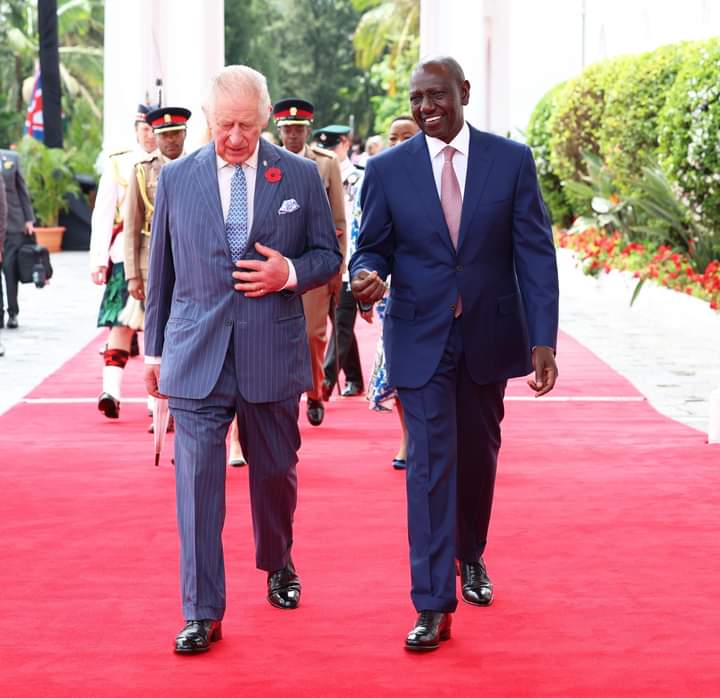Introduction
Trade relations between the UK and Kenya have been a cornerstone of both nations’ economic strategies. As global markets shift and evolve, the bilateral trade relationship between these two countries remains critical for their economic stability and growth. This article provides a comprehensive overview of the current state of trade between the UK and Kenya, highlighting key statistics and trends from the latest factsheet released on August 2, 2024.
Trade Volume and Economic Significance
In the four quarters leading to Q1 2024, the total trade in goods and services between the UK and Kenya was valued at £1.4 billion. This represented a 2.8% decrease (£40 million) compared to the same period ending Q1 2023. Despite the slight decline, this volume underscores the substantial economic exchange and interdependence between the two nations. The decrease in trade volume reflects broader economic trends, including global supply chain disruptions and specific bilateral dynamics influenced by political and economic policies.
UK Exports to Kenya: A Diverse Portfolio
UK exports to Kenya totaled £654 million in the four quarters to the end of Q1 2024, marking a 3.3% decrease (£22 million) from the previous year. The main categories of exports included machinery, pharmaceuticals, and electronic equipment. These exports play a vital role in supporting Kenya’s industrial and healthcare sectors, fostering technological advancement, and contributing to overall economic growth. The diversity of UK exports ensures that Kenya receives a wide range of products necessary for its development.
UK Imports from Kenya: Agricultural Backbone
During the same period, UK imports from Kenya amounted to £760 million, a 2.3% decrease (£18 million) from the previous year. Key imports from Kenya included agricultural products such as tea, coffee, and flowers, which remain staples in the UK market due to their high quality and competitive pricing. These imports not only support Kenyan farmers and the agricultural sector but also provide UK consumers with high-quality products that are integral to their daily lives. The agricultural trade is a testament to Kenya’s strength in this sector and its ability to compete in international markets.
Foreign Direct Investment: Challenges and Opportunities
In 2021, the outward stock of foreign direct investment (FDI) from the UK in Kenya was valued at £489 million, which was 42.6% lower than the previous year. This significant decrease highlights the challenges faced by UK investors in Kenya, potentially due to political, economic, or regulatory uncertainties. However, the decline in FDI also opens up opportunities for both countries to address these challenges and create a more favorable investment climate. By implementing strategic reforms and ensuring stability, Kenya can attract more FDI and drive economic growth.
Conclusion
The trade and investment relationship between the UK and Kenya is characterized by a diverse range of goods and services, with both countries benefiting from this economic partnership. Despite recent declines in trade volumes and FDI, the bilateral relationship continues to hold significant potential for growth and development. By leveraging their strengths and addressing challenges, the UK and Kenya can enhance their economic ties and achieve mutual prosperity.





